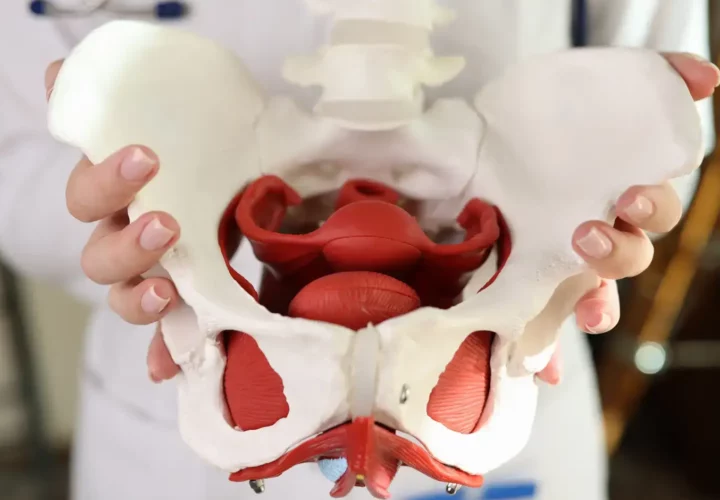Essential tremor or ET is typically confused with Parkinson’s Disease because of the rhythmic trembling throughout the hands, head, voice, legs, and trunk of the body. However, essential tremors are eight times more common than Parkinson’s Disease and affect approximately 10 million people in America, with more world-wide. Though anyone at any age can be affected, it is more common among people 65 or older.
How it is Caused
Though the cause of essential tremor is unknown, theories suggest the cerebellum and other areas of the brain do not communicate correctly. In most cases, this condition seems to be passed down from parent to child. And if the parent has essential tremors there is a 50% chance the child will inherit the gene too.
Signs and Symptoms
Though symptoms range from person to person, common symptoms include:
- Tremors when moving but more relaxed when you rest
- Caffeine, stress, or some medications making your tremors worse
- Small amounts of wine or alcohol intake improving tremors
- Tremors becoming worse as you age
- Both sides of the body not affected the same way when your tremors occur
Some signs include:
- Tremors are most obvious in hands
- Difficulty writing or using your hands for different tasks
- Your voice shakes or quivers
- Uncontrollable head nodding
Diagnosing
When diagnosing, if a tremor appears in a neurological examination by an experienced clinician, this can result in the diagnosis of your essential tremor. Though like any condition, your physician will need to rule out other conditions as well that can cause shaking or trembling. In some cases, tremors could be due to a lack of factors. So your physician may have you sustain from caffeine, alcohol, or medications.
Treatment
Though surgery is an option, there are other things that you can try first. These include natural remedies, some medications, and lifestyle changes.
Two medications, propanolol and primidone, are often prescribed to treat essential tremor. Propanolol blocks the stimulating action of neurotransmitters to help calm trembling. However, it is only effective in 40-50% of patients and is even less useful than that in reducing head and voice tremor. Primidone helps control the actions of neurotransmitters. Patients given this treatment, have shown to tolerate the potential side-affects of dizziness, nausea, unsteadiness. Also, most studies show this medication having a 60-100% positive response.
While some factors make tremors worse, lifestyle modifications can help offset this increase.
- Avoid alcohol and caffeine
- Avoid stressful situations as much as possible
- Try relaxing techniques such as yoga, deep-breathing exercises, or biofeedback. We here at Hohman Rehab have a great yoga class you can find on our Facebook page or Youtube channel.
If you are experiencing something similar to essential tremors, definitely make an appointment with your physician.



